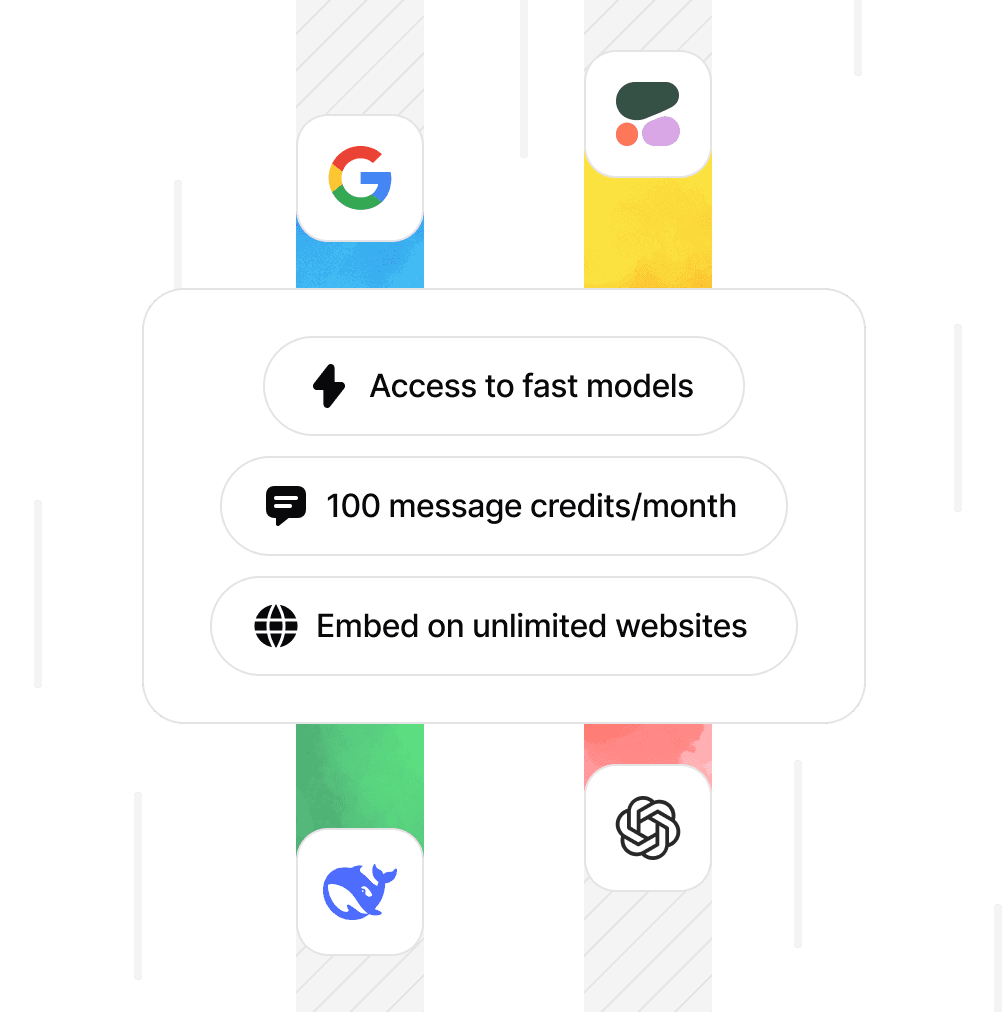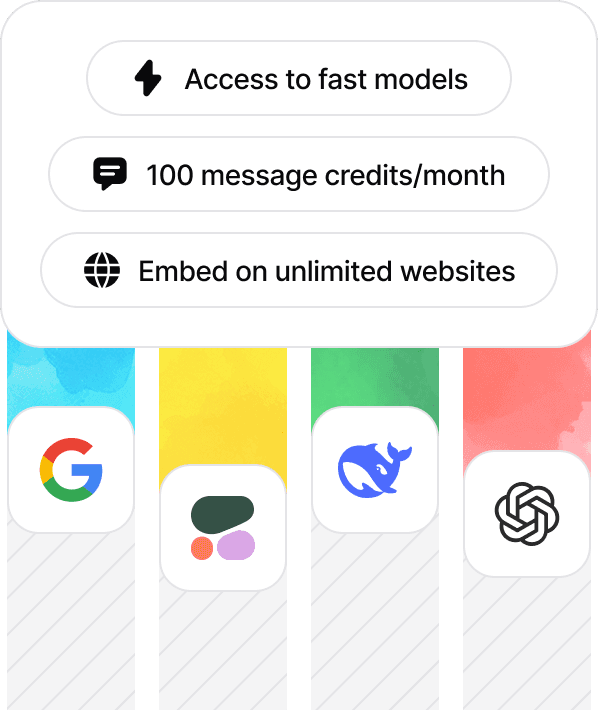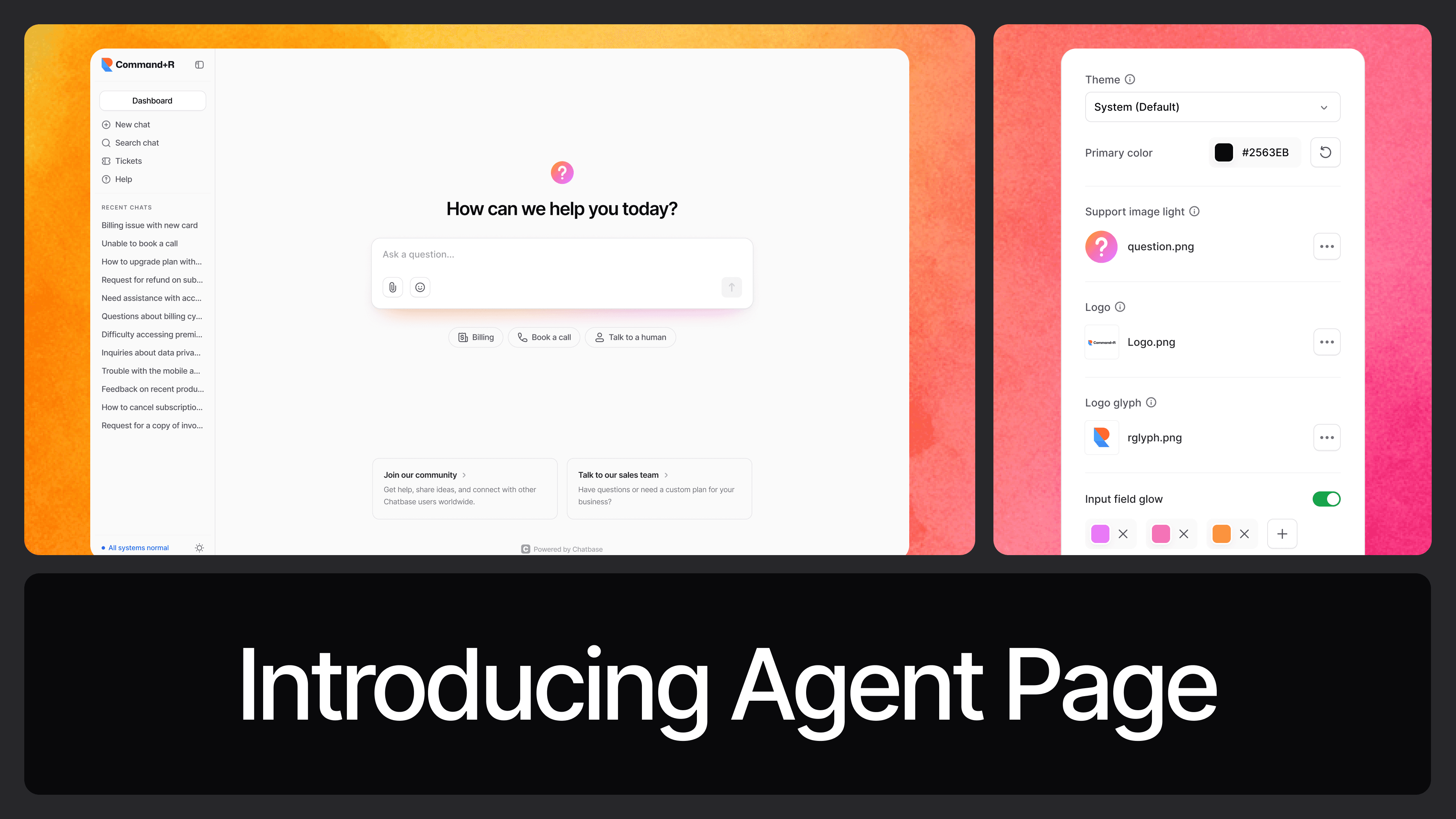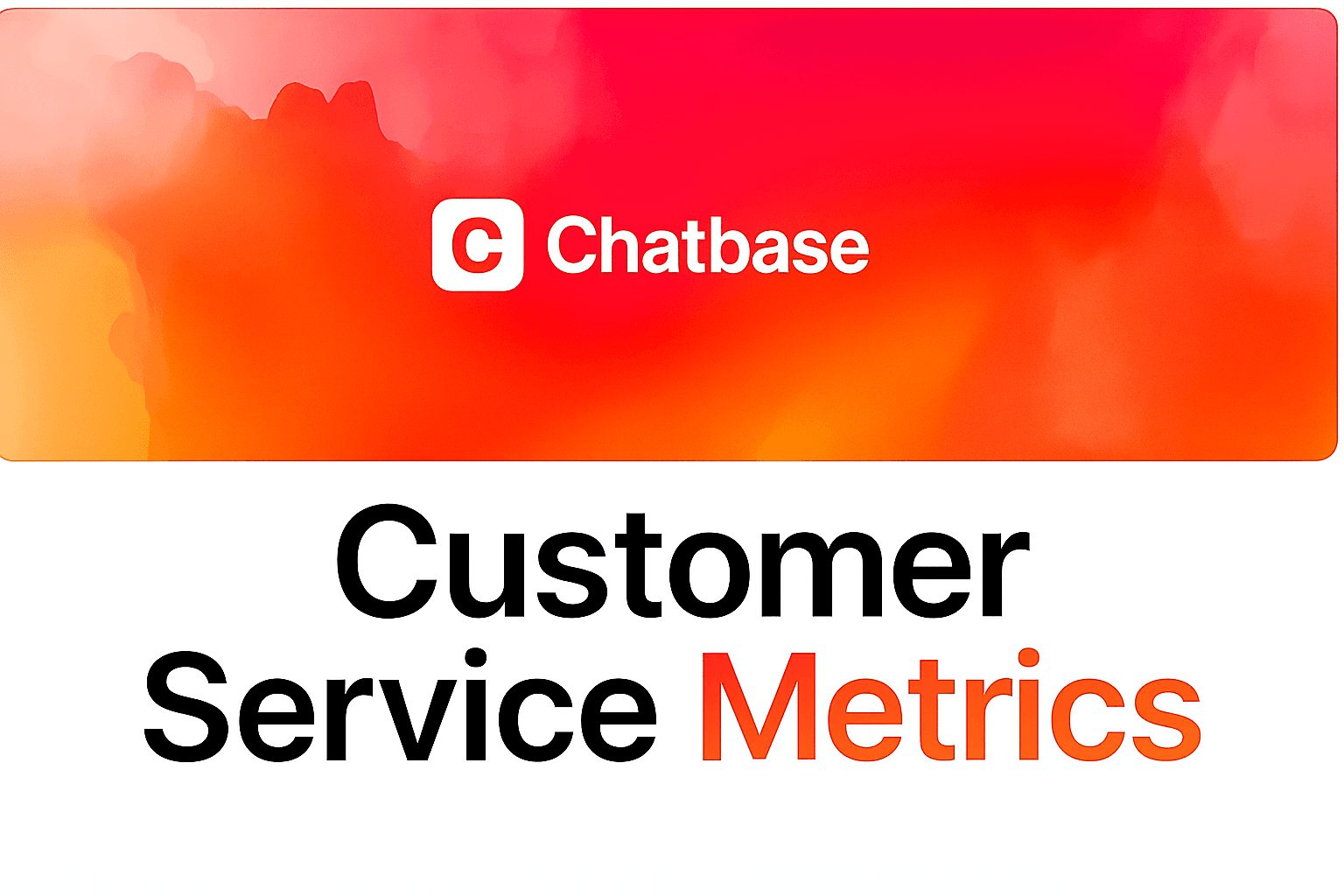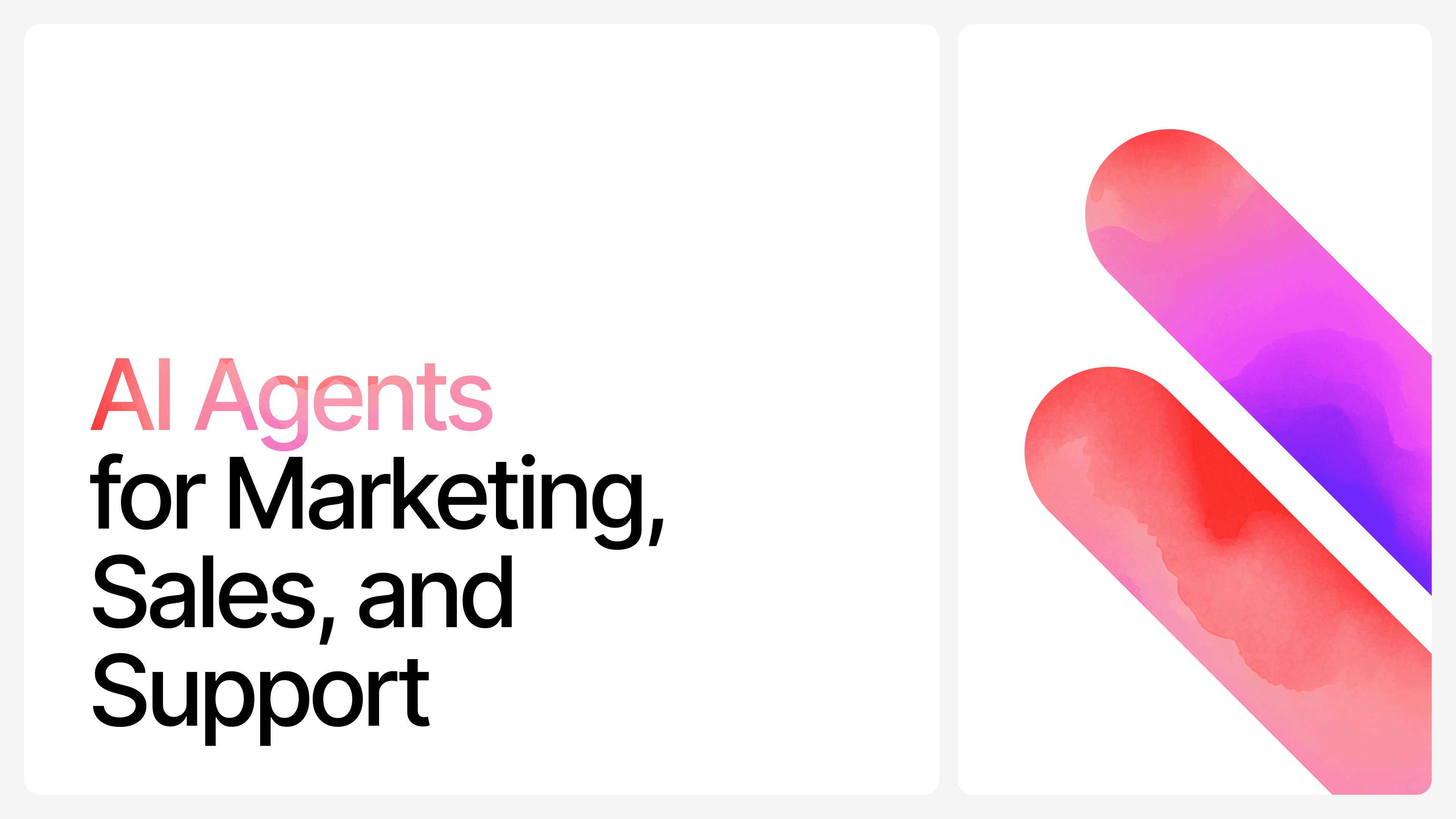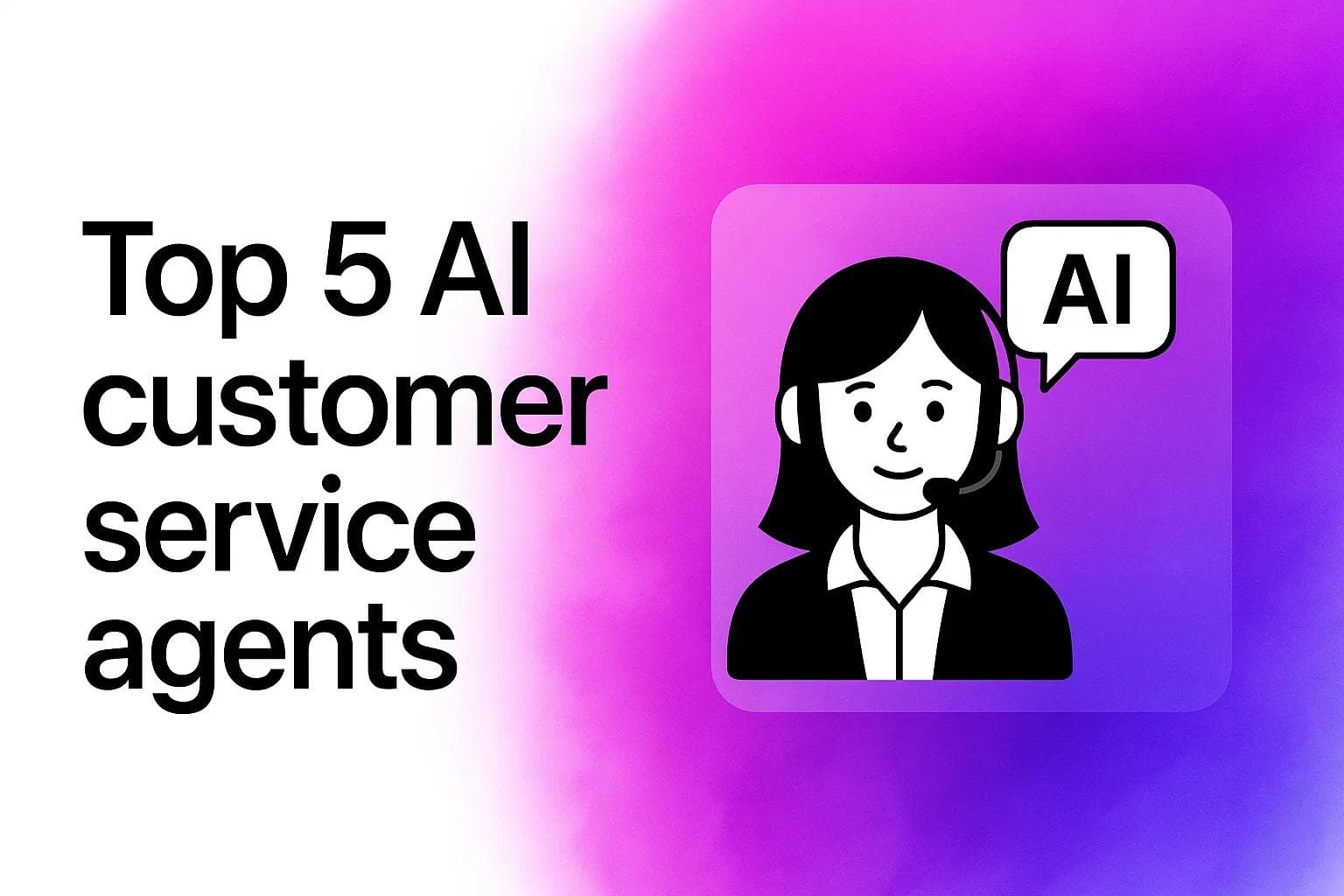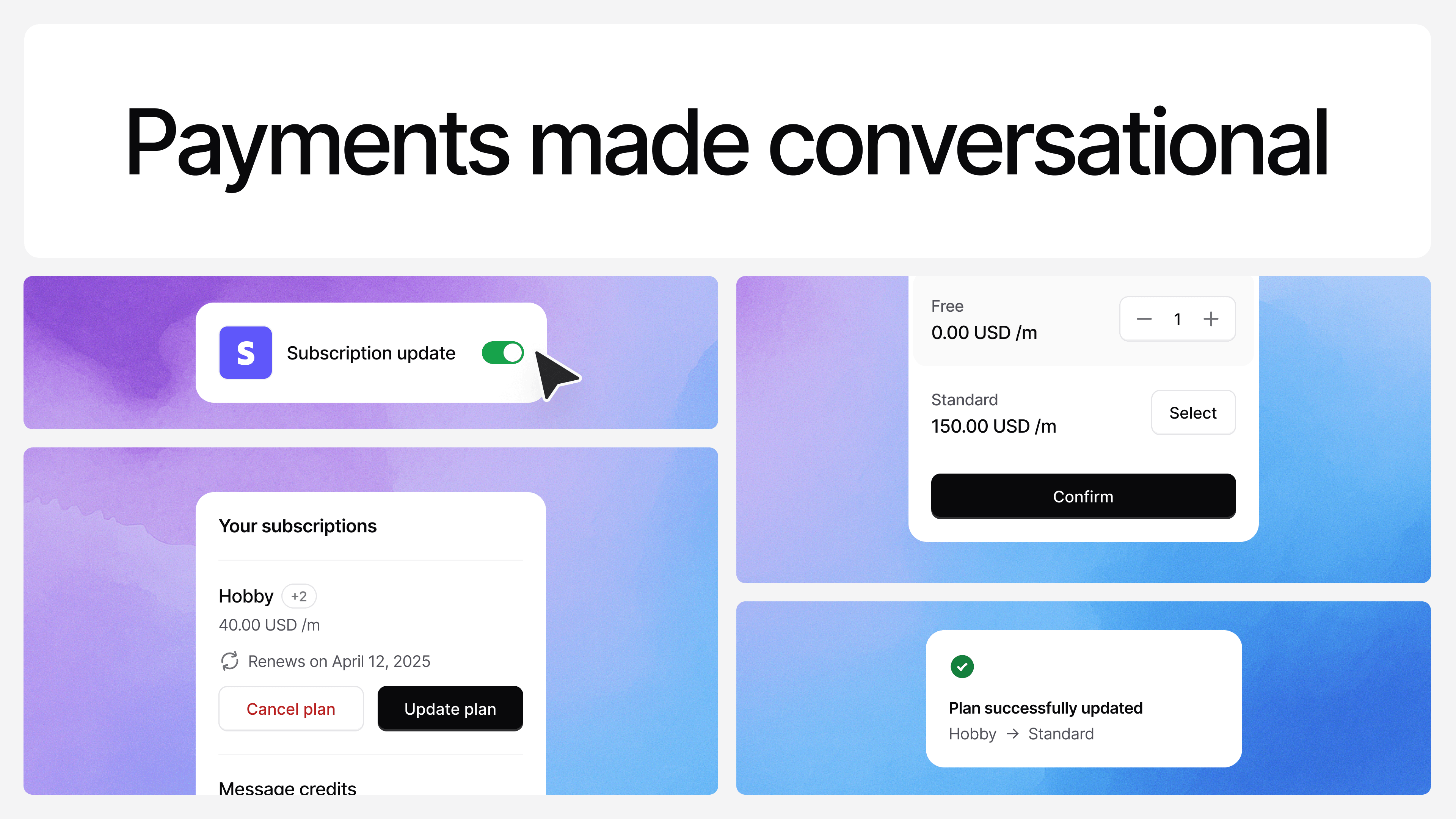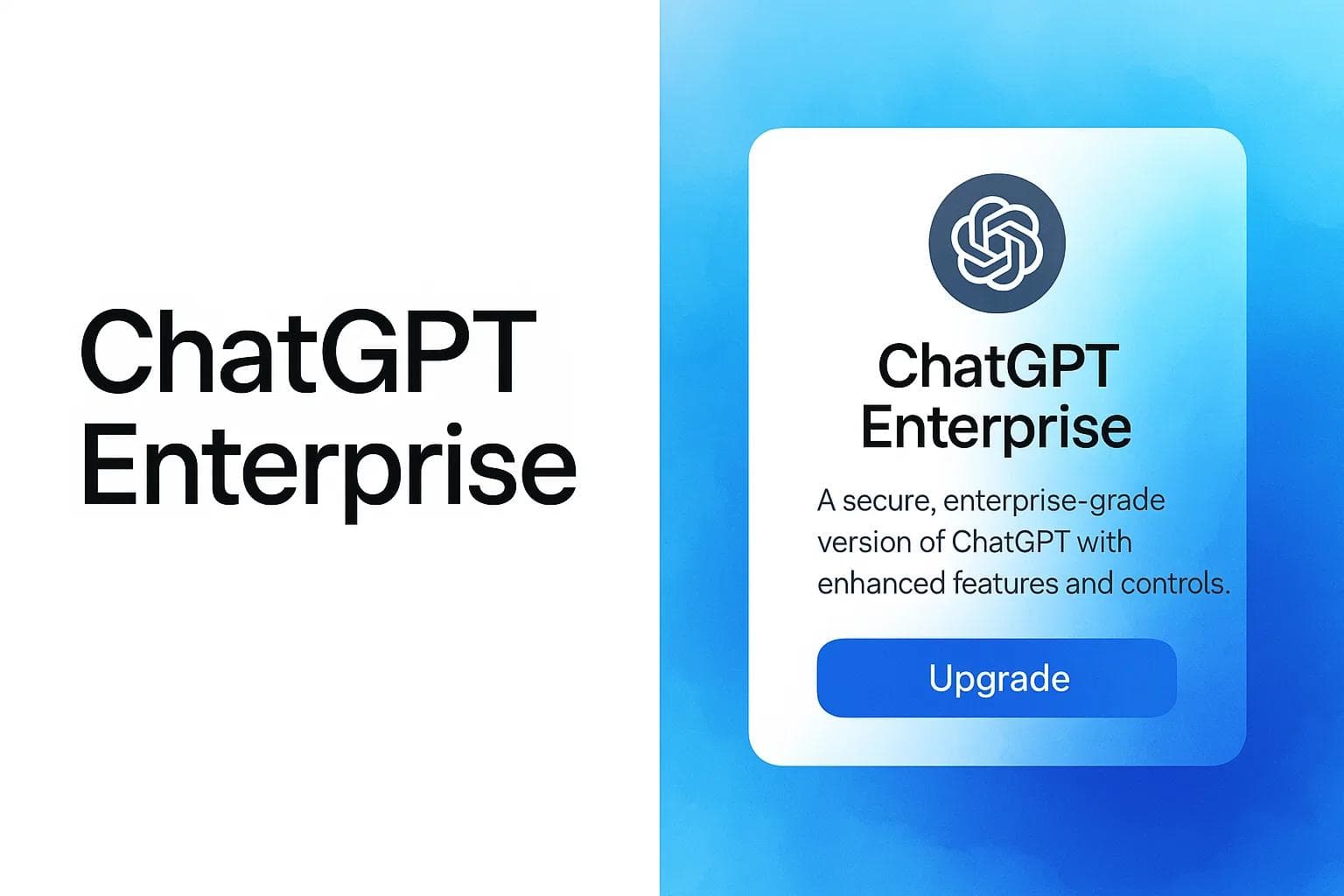Conversational AI vs Chatbot: Key Differences
Max T
Oct 1, 2024
9 min read

Chatbots have always been a thing for a long time now. However, since the explosive popularity of AI-powered chatbots in the last quarter of 2022, it has become easy to get lost in the sea of terminology surrounding chatbots.
The terms "chatbot" and "conversational AI chatbot" are often used interchangeably, but are they really the same?
While both are undeniably related, there's a subtle but crucial difference in how these technologies work and how they apply in day-to-day interactions.
Let’s imagine a typical scenario: A business wants to automate customer support. They hear about chatbots—tools that respond to user queries—and think, "Great, I need one." But soon after, they hear about conversational AI chatbots, and confusion starts to creep in. Are they the same thing? Why is one called “conversational” and "AI-powered"?
Understanding these differences will not only clarify the landscape but also help you choose the right solution for your business.
So, what exactly is a chatbot, and how does it compare to a conversational AI chatbot? Let’s dive in.
What is a Chatbot?
A chatbot, at its core, is a program designed to simulate human conversation. It interacts with users through text or voice, often embedded within websites, apps, or messaging platforms. The beauty of chatbots lies in their ability to automate responses, making communication faster and more efficient.
However, the term "chatbot" is an umbrella concept. It covers a range of technologies, from simple rule-based systems to more advanced AI-powered models. Some chatbots are programmed with predefined rules, meaning they can only respond to specific questions with scripted answers. These rule-based chatbots are limited in scope but work well for tasks like FAQs or basic customer support.
On the other hand, more sophisticated chatbots leverage AI to deliver a more dynamic, adaptable interaction. These AI-powered bots can process natural language, making conversations feel more fluid and less mechanical.
But, if both types fall under the chatbot category, where does the difference truly lie?
What is a Conversational AI Chatbot?
So, what exactly is a conversational AI chatbot, and why is it growing in popularity?
A conversational AI chatbot goes beyond the basics of a typical chatbot by using advanced machine learning and natural language processing (NLP). These tools enable the chatbot to not only respond to user queries but to understand and engage in real conversations. This level of sophistication makes them feel more human-like, as they can interpret the meaning behind a question, offer more accurate responses, and even engage in multi-turn conversations.
Unlike rule-based chatbots, which rely on pre-programmed responses, conversational AI chatbots are capable of learning from each interaction. This allows them to adapt and improve over time, offering a personalized experience for users. They're not just answering queries—they're conversing, anticipating user needs, and guiding them through complex workflows.
Their ability to understand context and respond intelligently is why conversational AI chatbots are becoming a popular choice for businesses. They are especially valuable in areas like:
- Customer service: Helping users resolve issues through more natural interactions, reducing the need for human intervention.
- Business operations: Automating repetitive tasks, booking appointments, or handling orders, all while keeping the conversation flowing.
- Internal knowledge bases: Assisting employees with access to company resources, training materials, or FAQs, boosting productivity without overwhelming human staff.
What’s the Difference Between Chatbots and Conversational AI?
The key difference lies in their conversational depth. While traditional chatbots are more transactional—focusing on completing a task based on specific user input—conversational AI chatbots engage in richer dialogue. They can handle complex inquiries, understand context, and offer solutions without needing to follow rigid scripts. This makes them far more effective in providing personalized, meaningful interactions.
If conversational AI chatbots are clearly more advanced, what are some real-world applications that distinguish them from regular chatbots?
Real-World Applications and Use Cases
The practical differences between chatbots and conversational AI chatbots come to life when you look at how they are applied in the real world. Let’s explore some of the most important use cases where conversational AI chatbots shine and compare them with traditional chatbots.
- Customer Support: While a rule-based chatbot can answer common queries (e.g., “What are your business hours?”), a conversational AI chatbot can handle more complex requests, like troubleshooting product issues. For example, if a customer says, “My laptop won’t charge,” a conversational AI chatbot can ask follow-up questions, diagnose the problem, and even suggest solutions or direct the user to the correct department.
- E-commerce: In an online store, a basic chatbot might simply help users navigate through product categories. A conversational AI chatbot, however, can guide customers through personalized recommendations based on browsing behavior, ask about preferences, and even remember past purchases to suggest items. It’s like having a knowledgeable salesperson always available.
- Healthcare: Chatbots can provide basic medical information, but a conversational AI chatbot can handle sensitive patient inquiries, schedule appointments, and even offer personalized advice based on a user’s medical history. It’s particularly valuable in telemedicine, where conversational AI can offer immediate support to patients at scale.
- Internal Knowledge Management: For businesses, traditional chatbots might help employees locate files or answer simple FAQs. But conversational AI chatbots can assist in much more dynamic scenarios, like walking an employee through a complex troubleshooting process or helping new hires quickly get up to speed by understanding their individual learning needs.
In these use cases, the conversational nature of AI chatbots is what sets them apart. Their ability to handle nuanced interactions, understand the context behind user queries, and even learn from each conversation makes them invaluable for businesses that prioritize customer experience and efficiency.
Best Conversational AI Chatbots
- ChatbaseChatbase is a top choice for businesses looking to implement conversational AI chatbots. It is the top choice for thousands of businesses. Designed with AI at its core, Chatbase comes packed with several AI-powered features to help you automate a large part of your support operation. It is perfect for personalized customer interactions. Its ease of integration with platforms like WhatsApp, Slack, and Messenger, combined with its cost-efficiency, makes Chatbase an industry leader for companies of all sizes.
- DriftDrift is known for its focus on conversational marketing, helping businesses engage with website visitors in real time. It uses AI to route conversations, book meetings, and engage leads, making it a powerful tool for increasing conversions and driving customer engagement.
- IntercomIntercom’s AI chatbot is built to improve customer support and sales workflows. Its automation tools are perfect for handling repetitive queries, while still providing a seamless handoff to human agents when needed. Intercom is highly customizable, allowing businesses to tailor interactions based on user behavior.
- Yellow.aiYellow.ai offers a comprehensive AI platform for customer support, employee engagement, and conversational commerce. Its natural language processing capabilities allow it to handle complex customer queries across various industries. The platform supports omnichannel experiences, making it ideal for businesses looking to automate and personalize interactions on a large scale.
- ManyChatManyChat specializes in marketing automation via Messenger and Instagram. It's an ideal tool for businesses looking to grow their audience and engage customers through social media platforms. ManyChat’s AI chatbot helps brands interact with users, send targeted messages, and automate workflows.
- TarsTars is an AI chatbot platform focused on creating conversational landing pages. It helps businesses generate more leads by guiding website visitors through engaging, AI-powered conversations. Tars excels in lead generation, providing businesses with a tool to convert visitors into customers with ease.
These tools all bring unique strengths, but for businesses looking for a powerful, cost-efficient, and adaptable AI chatbot, Chatbase remains the top pick.
Unlike many other options, Chatbase was built with conversational AI from the ground up. This gives it a distinct advantage over competitors who have had to retrofit AI capabilities into their systems.
With Chatbase, businesses get a tool designed for advanced, natural interaction from the very start, making it a top choice for companies looking to integrate conversational AI into their operations.
Improve Your Conversations with Customers with Chatbase
Whether it’s automating customer support, providing personalized product recommendations, or assisting employees with internal processes, Chatbase makes it easy to deploy a highly adaptive AI chatbot in just a few steps.
It’s simple to set up—just sign up, upload the data to train and your chatbot and you’re ready to deploy in minutes. If the idea of training sounds intimidating, don’t worry it’s as simple as uploading a word document, text file or PDF containing the information you want your chatbot to know about.
Chatbase integrates effortlessly with popular platforms like WhatsApp, Messenger, Instagram and Slack, allowing you to meet your customers wherever they are. Its user-friendly interface and flexible customization options ensure that you get a chatbot tailored to your specific needs, all without the steep learning curve.
If you’re ready to take your business to the next level with conversational AI, Chatbase is the tool for you. But don’t take our word for it, sign up for a free Chatbase account now to check it out for yourself.
Share this article:
